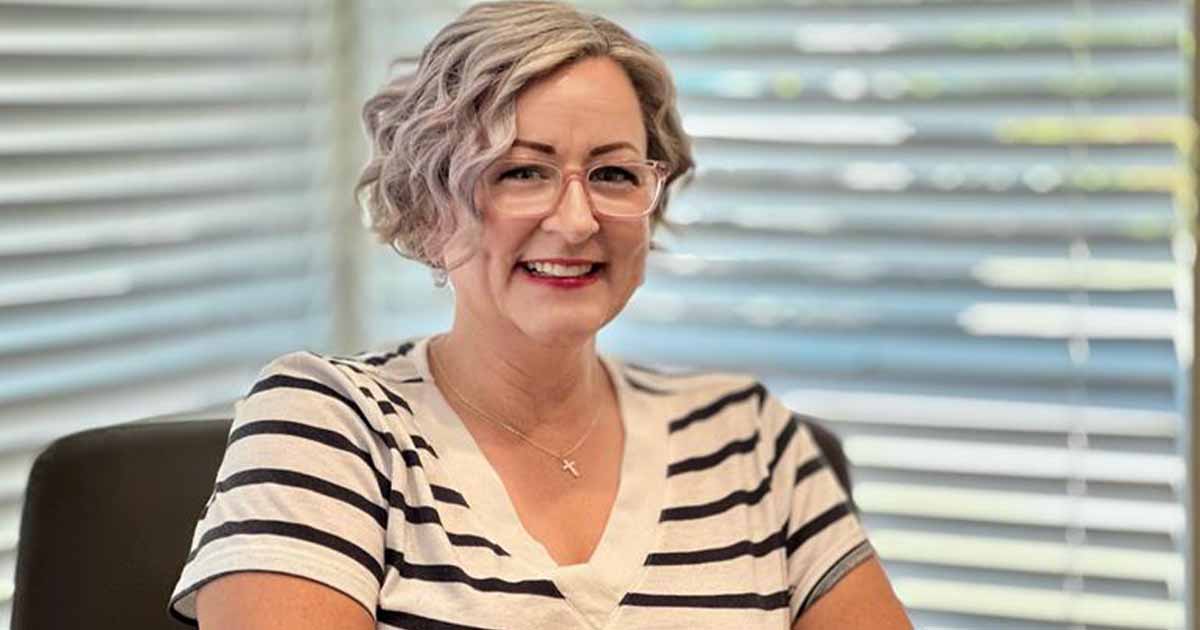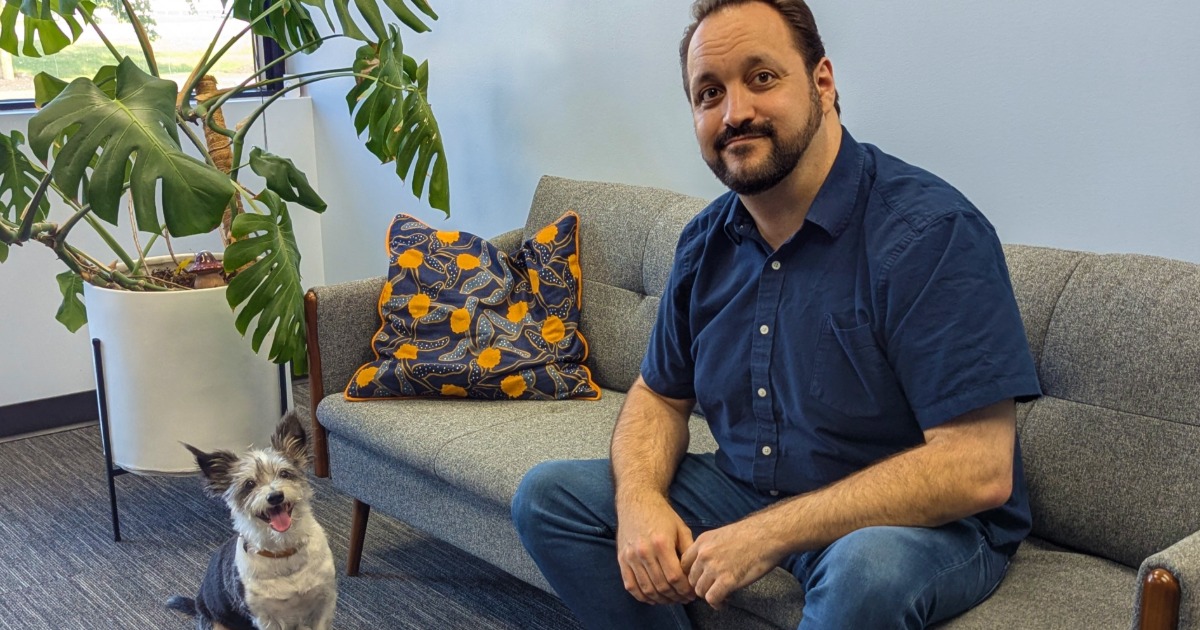Older docs and those who run solo and small practices step up to the challenge
ASHEVILLE, NC - The American Medical Association recently called on CMS to exempt physicians who were close to retirement from the meaningful use program, arguing it would be too costly, perhaps even driving doctors to drop their Medicare patients to avoid the program's penalties come 2015.
No exception needed, says Reavis Eubanks, 66, a solo practitioner who has spent his entire career as a general surgeon in Asheville, N.C. He wrote the U.S. Congresswoman, who proposed the exemption to tell her so.
In 2010, at 63, Eubanks gave up surgery and converted his practice to a general one. He continues to assist at surgeries and to teach residents in an OBGYN program.
As long as he's healthy, he plans to continue to work as he has for the past 30 years.
"I have no plans of slowing down," he says.
Eubanks is an avid advocate for meaningful use and electronic health records. His system is a Web-based one developed by athenahealth. It enables him to completely and quickly record meaningful use items - "all things a good doctor should be doing anyway," he says.
He was among those who collected the maximum incentive payment for achieving Stage 1 meaningful use, and he's already at work on Stage 2.
"One of the things I found with meaningful use, Eubanks says, "is that everything I was being asked to do - the criteria I was being asked to meet - to me were very logical and there were something that were important to healthcare in general. It wasn't that you were asked to do some Mickey Mouse requirement that really had no impact on healthcare."
David Heine, MD, a solo family practitioner who runs The Family Care Clinic in Decorah, Iowa, feels the same way about electronic medical records, he says. It boils down to quality.
"EMRs are vital as our country studies to find concrete and tangible ways to ensure efficiency in care, cost considerate thinking in care and foremost - quality of care of the patient," says Heine. "This should be important to each one of us as citizens, as it will also have a profound impact on costs of healthcare in the future.
The government set up Regional Extension Centers (RECs) to help physicians like Heine, and he has taken full advantage of the help, even becoming somewhat of a star. The Telligen Iowa HITREC recently recognized his leadership in EHR adoption and named him to the Meaningful Use Vanguard (MUV), designed to call attention to clinicians like Heine who have successfully implemented electronic health records.
"Dr. Heine is a well-respected leader in this area of patient care," said Michelle Brunsen, quality improvement facilitator for the Telligen REC. "He is committed to quality and understanding how health information technology can impact patient care delivery."
In Riverside County in California Eugene W. Albright, MD, an OB/GYN physician, recently received a Medi-Cal incentive payment of $21,250 for completing Stage 1 meaningful use requirements.
"This is no small accomplishment," said Kathy Thunholm, director of the Inland Empire EHR Resource Center. "Dr. Albright was the first of approximately 8,000 providers in California to receive this incentive."
Solo practitioners and physicians in small practices across the county, the state and across the nation are going digital, driven in part by the government incentives to do so.
In Eubanks view, the incentives help, but the real attraction is what can be accomplished for the patient - and for his practice.
He gives this example: "I had a man in the other day that had a hernia. I referred him to another surgeon who just happened to have a cancellation, and she could see him 48 hours later. Well, that afternoon she had a complete copy of his entire medical record that had been faxed over to her. Heretofore there's no way in the world that I could have done that even if I had my notes printed out. It would have had to be dropped in the mail or hand carried over by the patient. And, it wouldn't have been nearly as complete documentation as what she received through the electronic health record. That's just one example."
There are indications that some older doctors, those close to retirement, are not converting to digital records as readily as their younger counterparts.
A recent study by Health Affairs showed that 30.8 percent of physicians older than 55 were using an EHR compared with 40 percent younger than 40 and 35 percent, age 40-55.
In Eubanks view, those physicians who have not converted don't know what they're missing in terms of improved care, improved efficiencies and better communication.
"I've absolutely been amazed over the years I was doing surgery a patient would come in to see me, and I would absolutely have no documentation," he says, "And I'd have to start from scratch and try to find an X-ray here, an X-ray there, and you know it just always bothered me a little bit that other people wouldn't be courteous enough to communicate with you. But I know the electronic medical record really does facilitate that communication."


